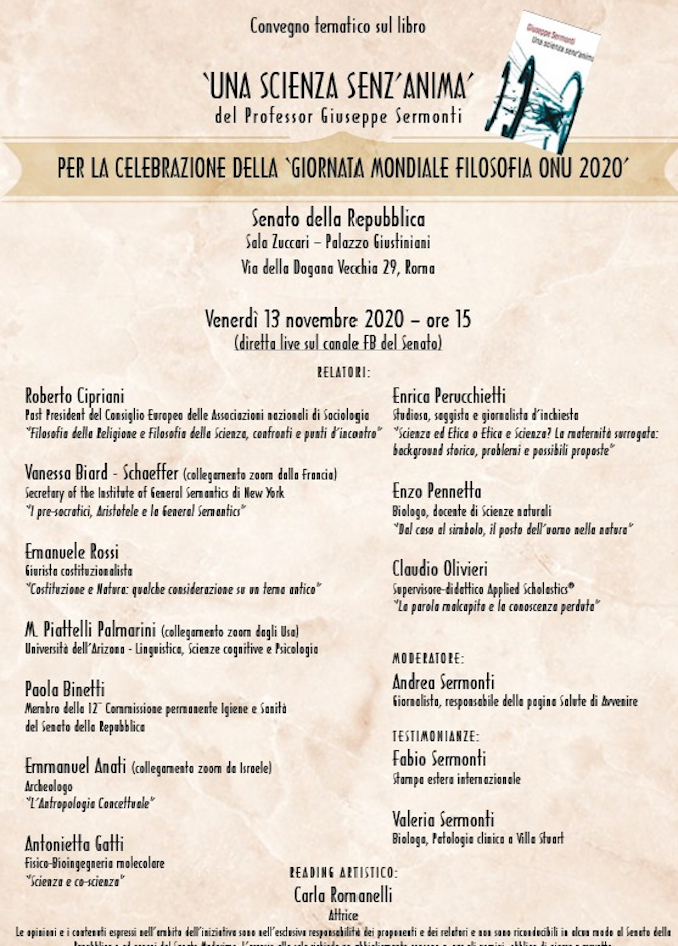by: James Quaid
Avoiding added expenses in this time of runaway inflation is imperative. If you own a motorized vehicle of any type, repairs can be very expensive. Doing regular inspections and maintenance is the only way to keep your vehicle running properly and avoid expensive repairs.
SAFETY:
[IF] you are a total beginner and have ZERO experience around machinery. [THEN] have a knowledgeable person show you how. [AND, OR] take a course at a local community college. Safety first last and always.
Weekly Preventative Maintenance Checks:
Back in the day, people knew how to do basic to advanced maintenance on their vehicles. In the 50’s / 60’s some car manuals told you how to set your intake and exhaust valves. Those days are gone, the car like most other appliances has been turned into a blackbox, mysterious and proprietary. Here are basic / routine inspections everyone should do if you don’t have a car that is under dealer warranty. AND be sure to wear gloves and eye protection when performing the following tasks:
- Before starting the vehicle, do a walk around of your vehicle.
- Check for leaks, low and or damaged tires (including tread condition), windshield wiper damage and light fixture damage.
- Check the following in the engine compartment:
- Oil level
- Coolant level
- Cracks in hoses and belts
- Loose belts
- Power Steering fluid level
- Brake fluid level
- Battery water level and terminals for corrosion
- Turn key to On (If you have a key):
- Note any codes or waring lights on your dash
- An ODBC code reader and Repair Manual will tell you what the fault probably is..
- After Starting the Vehicle:
- Turn steering wheel full left and right, note if there are any excessive noise ( possible low fluid level).
- Step on the brake pedal, check for excessive travel or soft pedal.
- Put vehicle in gear and make sure the brakes function under minimal load.
- Obtain assistance and check turn signals, head lights, brake and hazard lights.
- Note unusual noises and smells..
- Take the vehicle out for a short drive:
- Note any grinding noises coming from the wheels when vehicle is in motion. This typically indicates bad wheel bearings.
- Note any noises when the brakes are applied.
Additional Resources:








